Self-custody is at the heart of crypto’s philosophy: control your private keys, and you control your assets. Hand them to a third party, and you hand over control.
A self-custody crypto wallet gives you full ownership of your private keys, letting you manage and secure your funds without relying on exchanges or custodians. This guide explains how self-custody wallets work, their benefits and drawbacks, and why Zypto Wallet makes self-custody simpler than ever.
What is a Self-Custody Wallet?
Just like a regular wallet holds your cash and cards, a self-custody wallet holds your digital assets. The difference is that you alone control the keys.
Self-custody wallets allow you to:
- Store and send cryptocurrencies
- Manage NFTs and tokenized assets
- Connect directly to decentralized applications (DApps)
- Access DeFi protocols for lending, borrowing, staking, and more
This model reflects crypto’s founding principles of decentralization and financial sovereignty. With a self-custody wallet, service providers are simply interfaces, not custodians.

How Does a Self-Custody Crypto Wallet Work?
In custodial wallets (like those provided by exchanges), the platform holds your private keys and authorizes transactions on your behalf.
With a self-custody wallet, you generate and store the private keys yourself. This means:
- You initiate transactions directly
- You sign with your own keys (not the exchange’s)
- You’re not restricted by third-party approvals
When setting up a self-custody wallet, you’ll receive a recovery or seed phrase – typically 12–24 random words that act as the “master key” to your funds. If your device is lost or damaged, the seed phrase allows you to restore access.
Self-custody wallets can take different forms – software wallets, hardware wallets, or even paper wallets – but all share one principle: you hold the keys, you hold the power.
Key Benefits of Using Self-Custody Wallets
1. True Ownership
Whoever controls the private keys controls the funds. Self-custody puts you in charge, not a third party.
2. Security
Exchange hacks have cost billions over the years. By keeping your keys offline or in a self-custody wallet, you reduce exposure to centralized breaches.
3. Privacy
Self-custody wallets let you interact with blockchains directly, keeping your activity away from centralized tracking.
4. DeFi Access
Unlike exchange wallets, self-custody gives you direct access to DApps and smart contracts – from DeFi platforms to NFT marketplaces.
Drawbacks of Self-Custody Wallets
Self-custody comes with responsibility:
- Lose your keys, lose your funds. If you misplace your recovery phrase, there’s no reset button.
- Setup can be complex. For crypto beginners, managing seed phrases and security practices may feel daunting.
- No safety net. With exchanges, you can reset a lost password. With self-custody, you are the password.
For those willing to take on this responsibility, self-custody offers the highest level of control and sovereignty.
Zypto: The All-in-One Self-Custody DeFi Wallet
Zypto Wallet takes the power of self-custody and makes it practical for everyday life. As a non-custodial, multi-chain super-app, it supports thousands of cryptocurrencies, stablecoins and memecoins across multiple blockchains.
Beyond secure storage, Zypto gives you tools no other self-custody wallet combines in one place –
- Integrated DeFi features for swaps, staking, and lending
- Global crypto cards accepted anywhere Visa or Mastercard are accepted
- Crypto bill pay and mobile top-ups in over 100 countries
- USDC <> Cash at participating MoneyGram locations worldwide
- Thousands of top-brand gift cards to buy instantly with crypto
- Vault Key Card (VKC) – advanced 3FA cold storage for ultimate offline security
Where traditional wallets only store, Zypto connects your assets to the real world while keeping you in control.
Summary
A self-custody crypto wallet gives you full ownership and control of your digital assets. It eliminates reliance on third parties but places the responsibility for security squarely on your shoulders.
For users who want more than storage, Zypto Wallet delivers the most complete self-custody experience, combining multi-chain asset management, DeFi access, payments, services, and cold storage into one secure, user-friendly app.
Download Zypto App today – your all-in-one self-custody wallet for storing, spending, and securing crypto.

FAQs
What is a self-custody crypto wallet?
A self-custody wallet is a non-custodial wallet where you hold your own private keys, giving you full control of your funds.
Is a self-custody wallet safe?
Yes, self-custody wallets can be very secure since no third party holds your keys. However, security depends on how well you protect your seed phrase and device.
What are the advantages of self-custody wallets?
They give you full ownership, privacy, and direct access to DeFi and NFTs without relying on exchanges or custodians.
What are the risks of self-custody wallets?
The main risk is losing your private keys or recovery phrase. Without them, your crypto cannot be recovered.
What is the best self-custody wallet?
The best option depends on your needs. Zypto Wallet offers a complete self-custody solution with multi-chain support, DeFi tools, bill pay, crypto cards, and cold storage via the Vault Key Card.


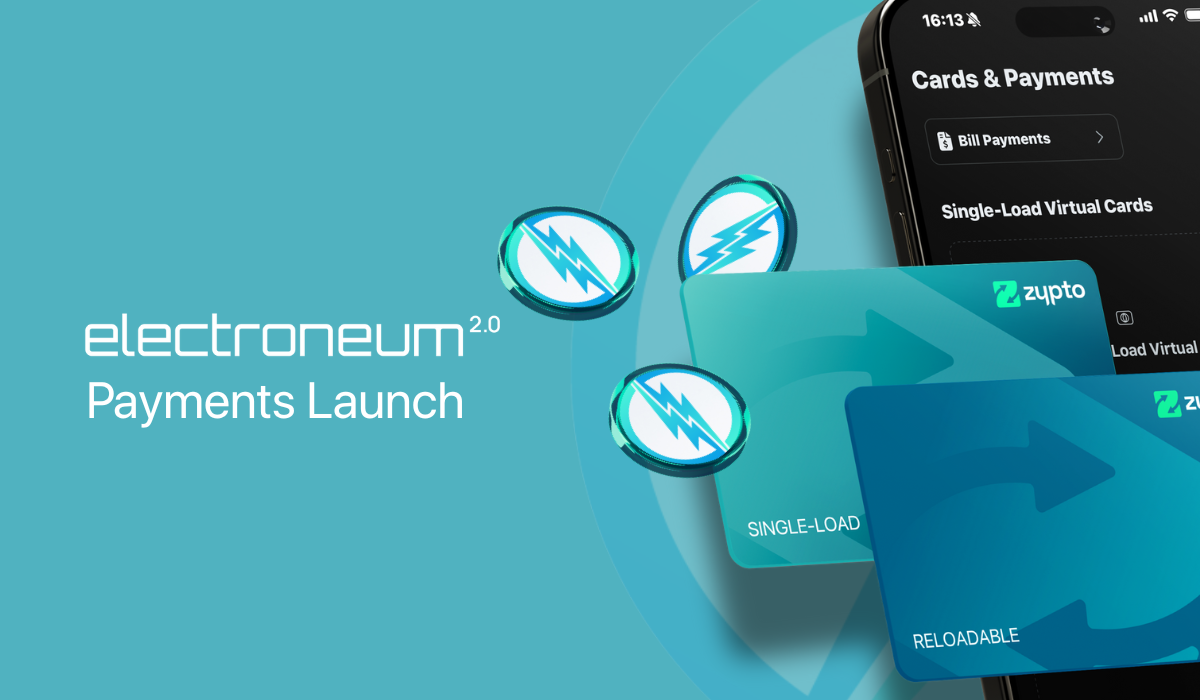

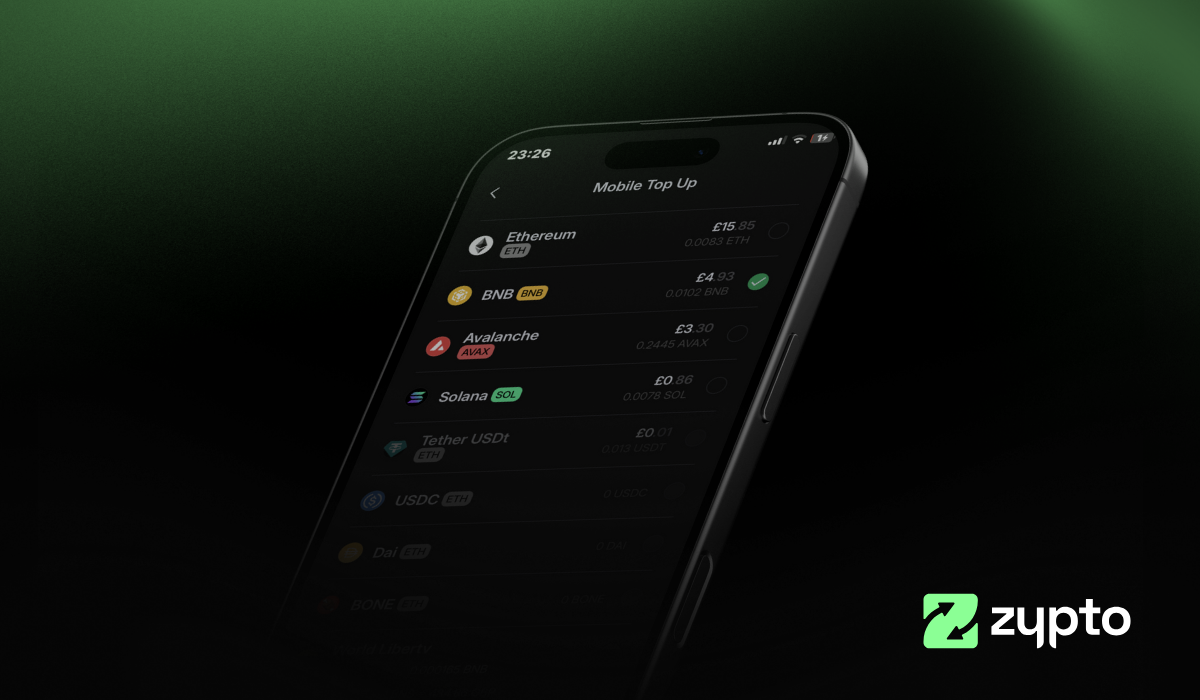
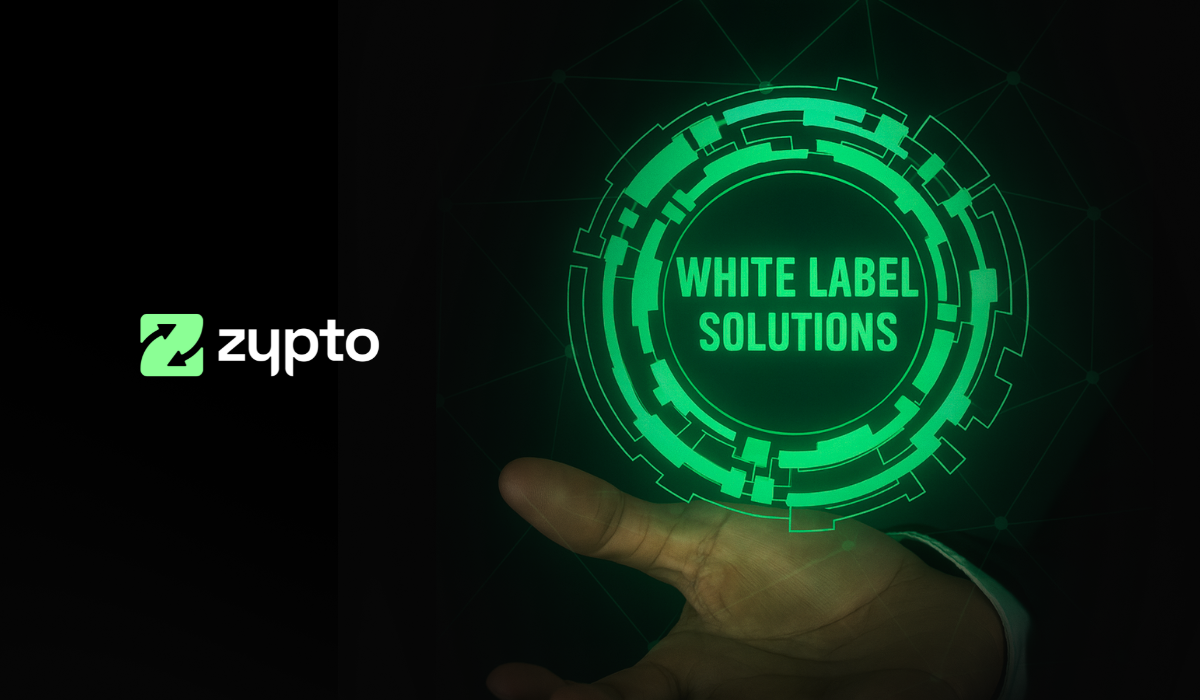
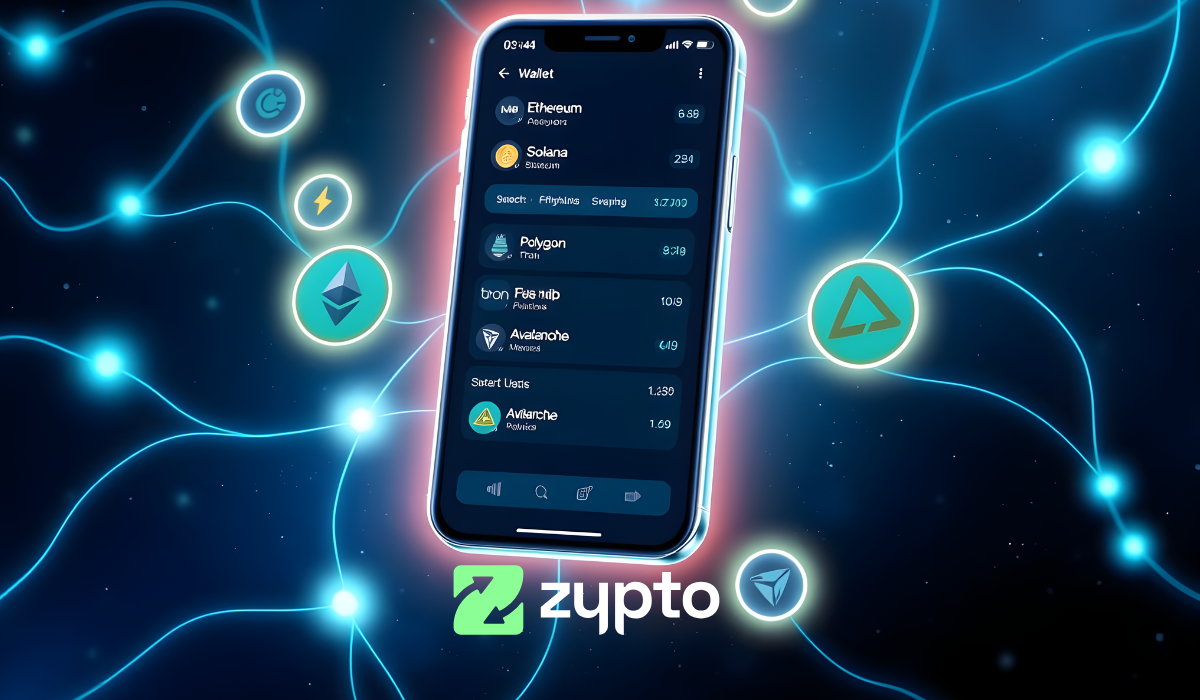
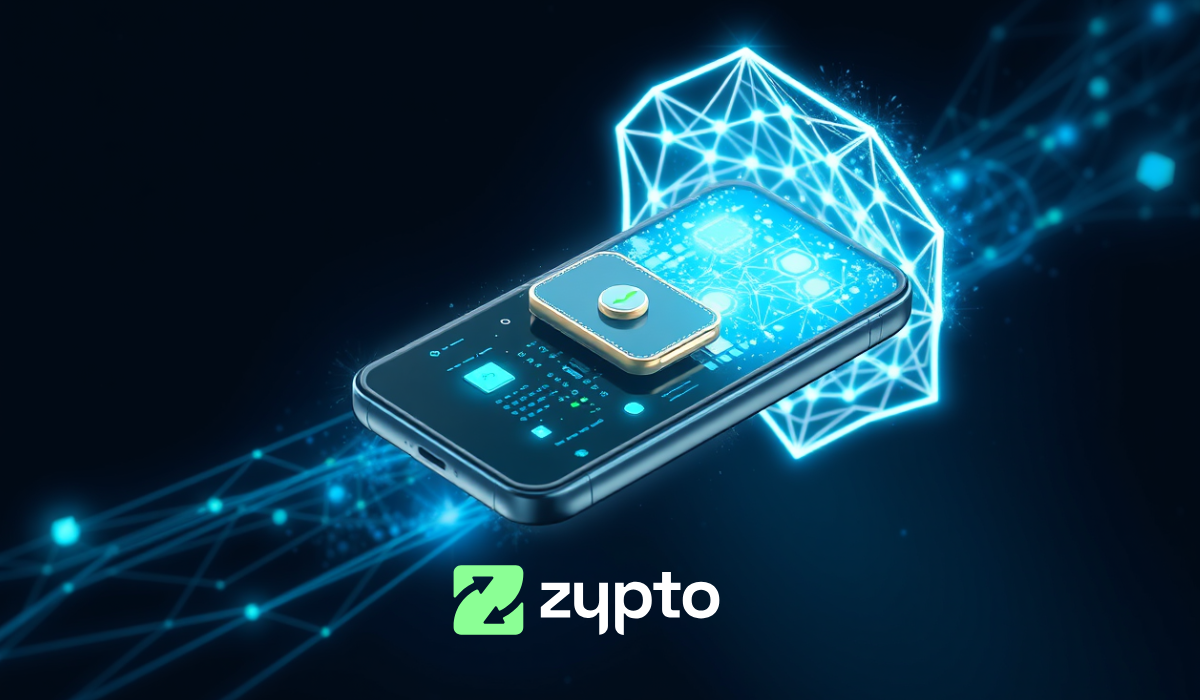
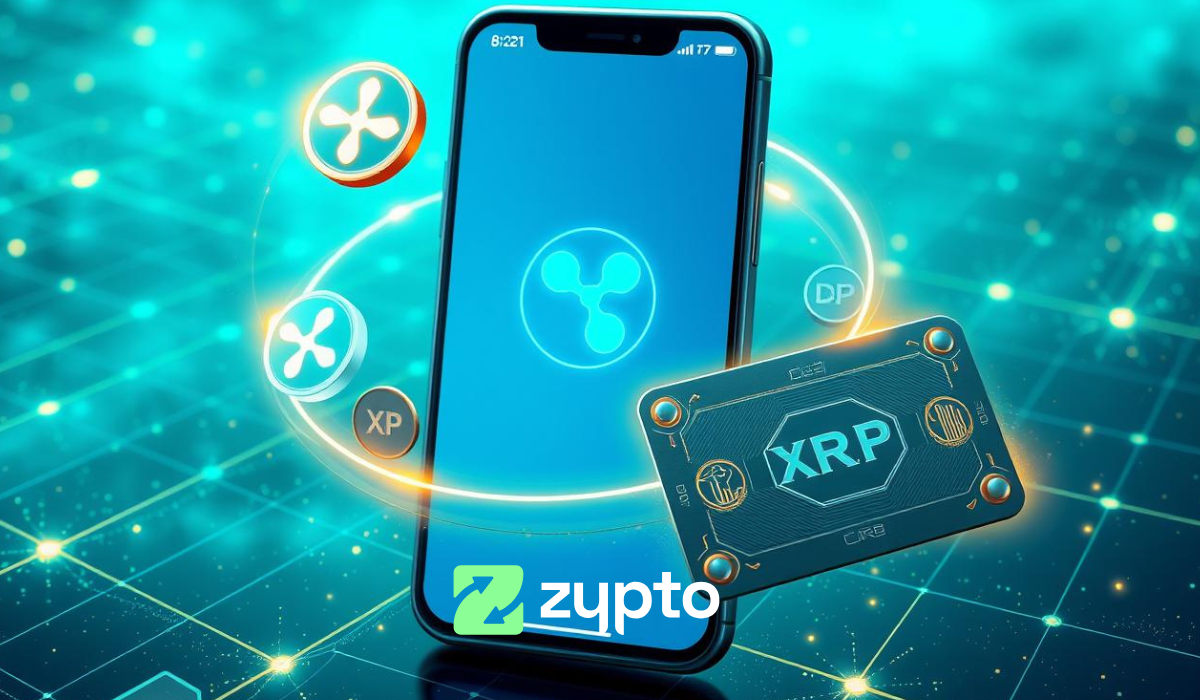
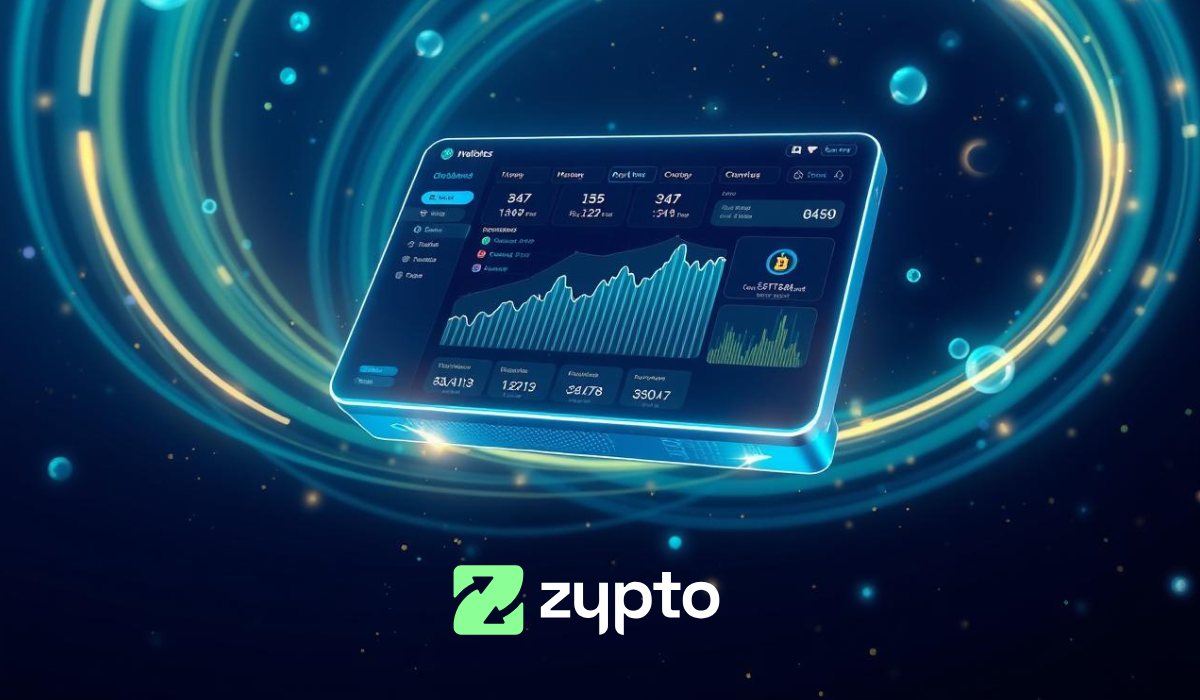
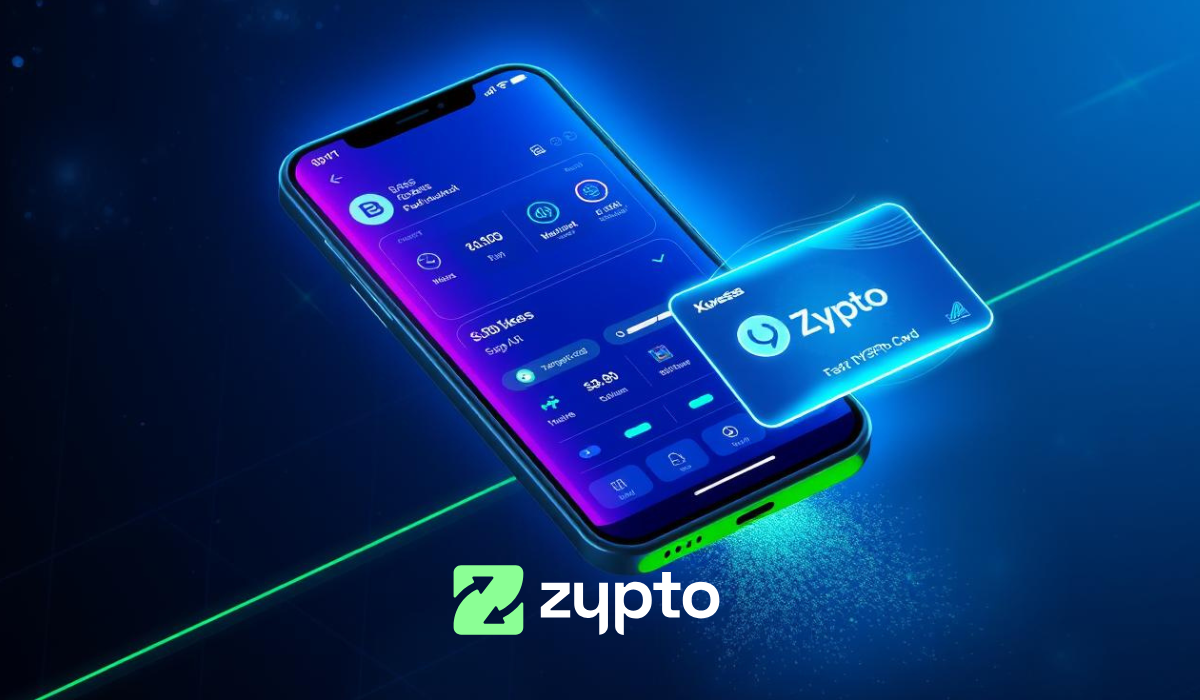


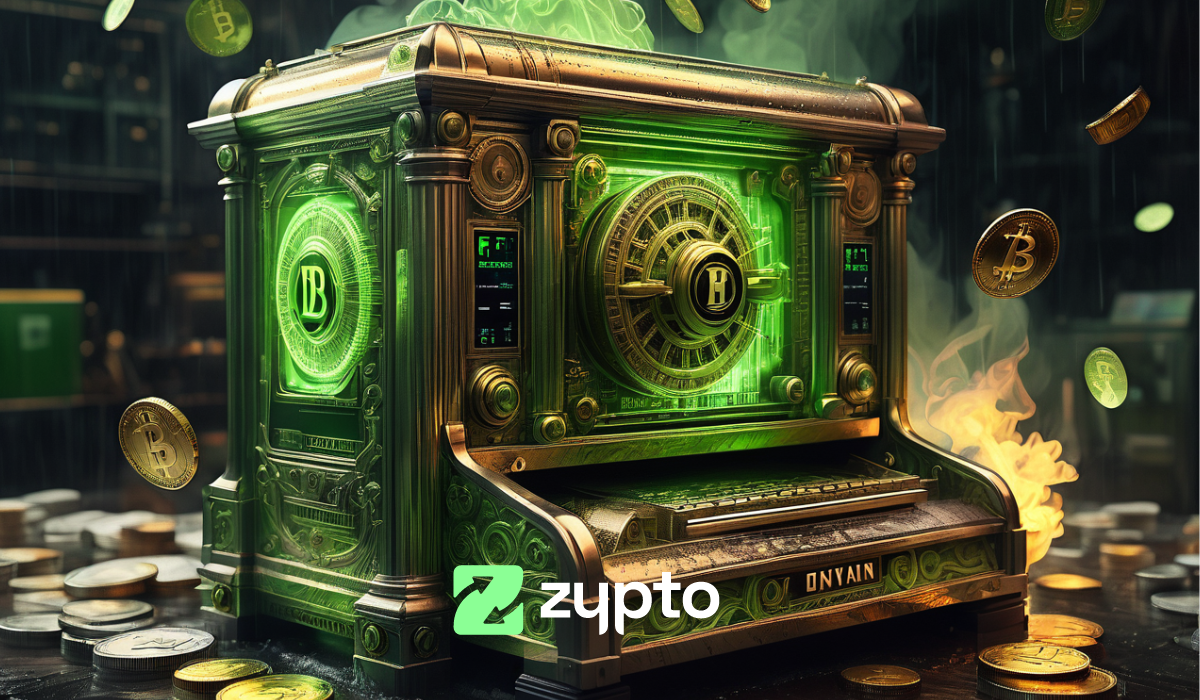
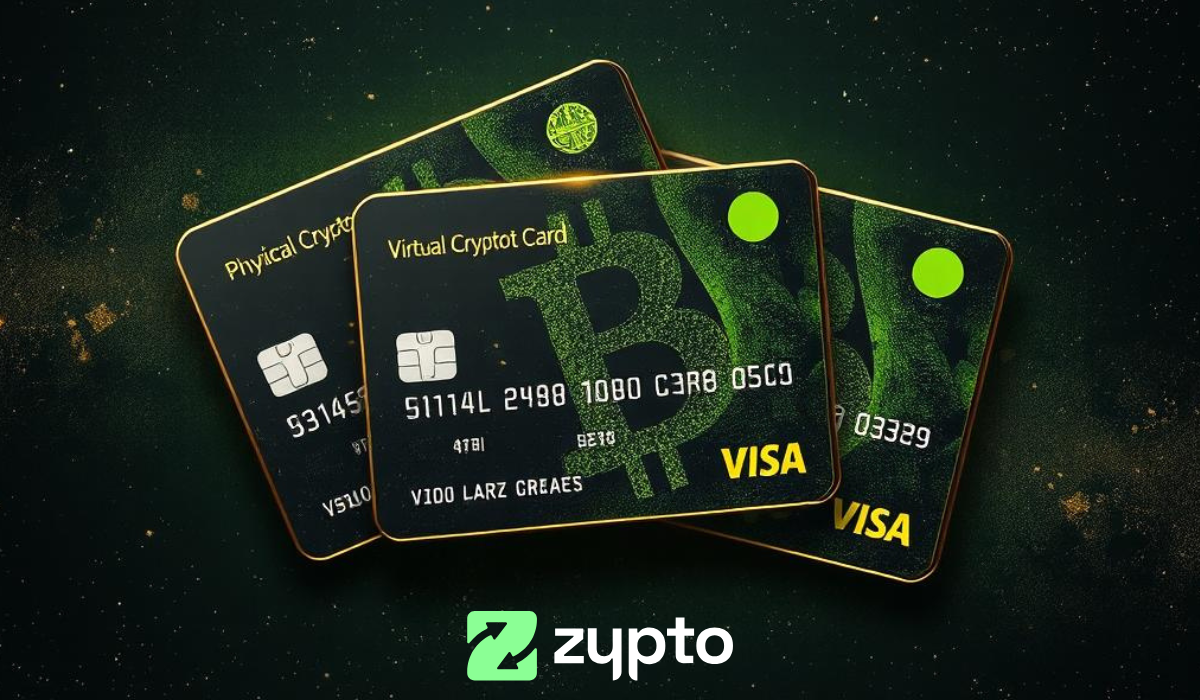




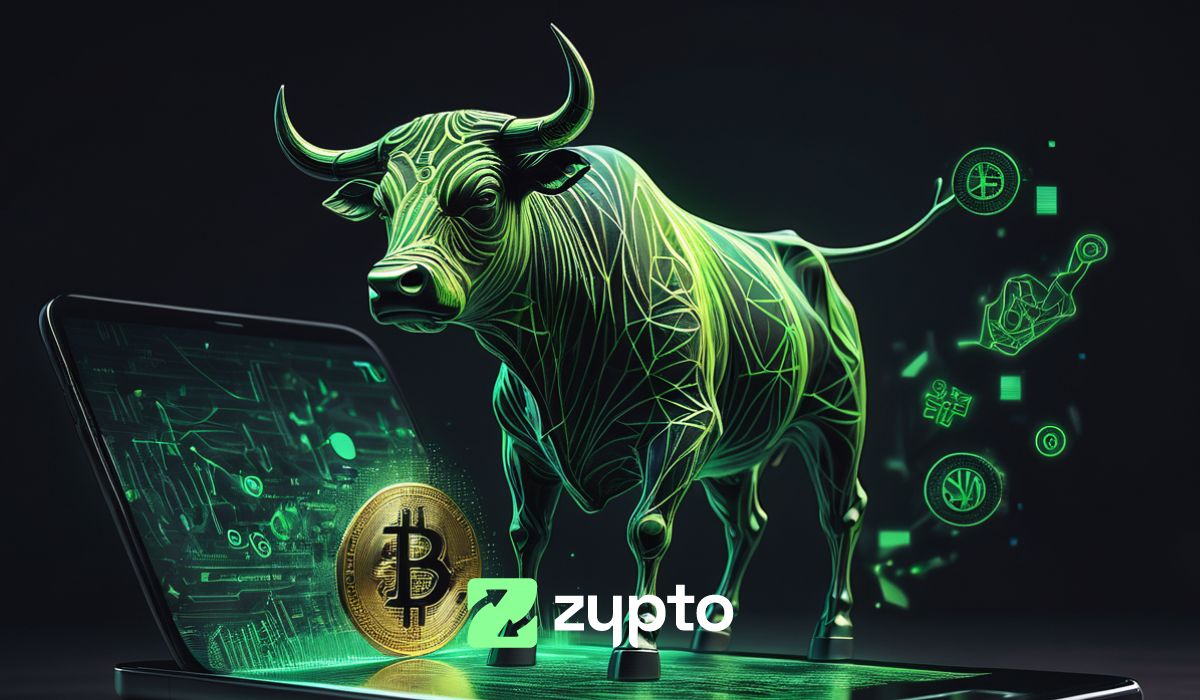

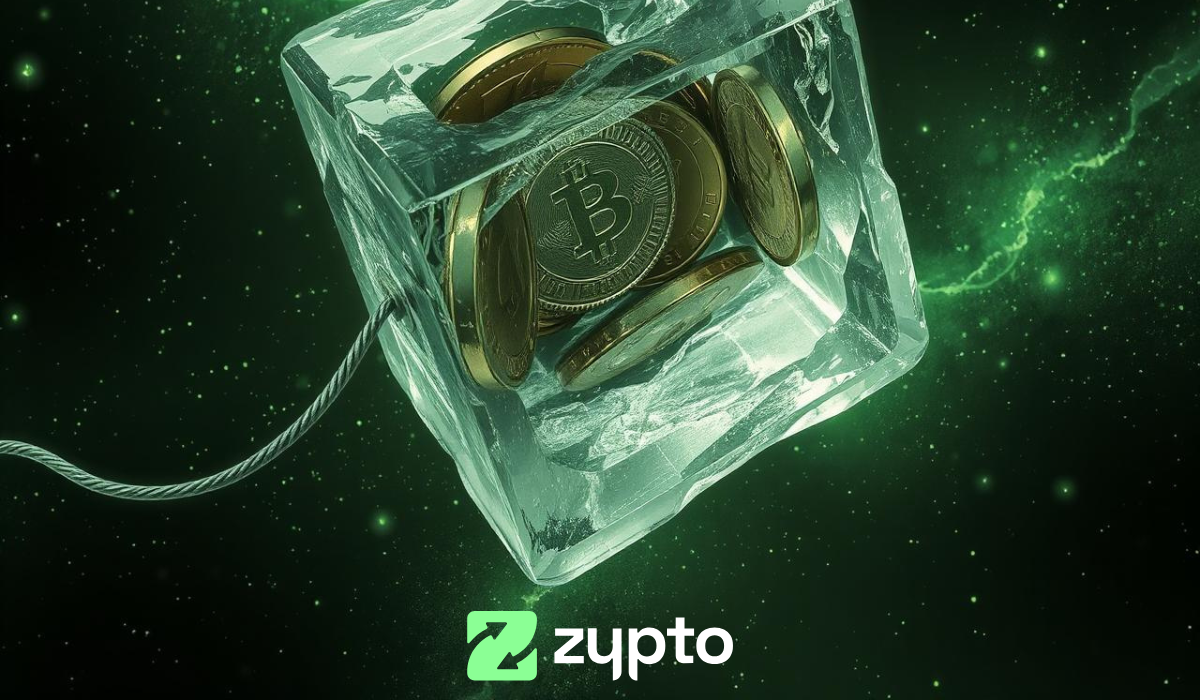

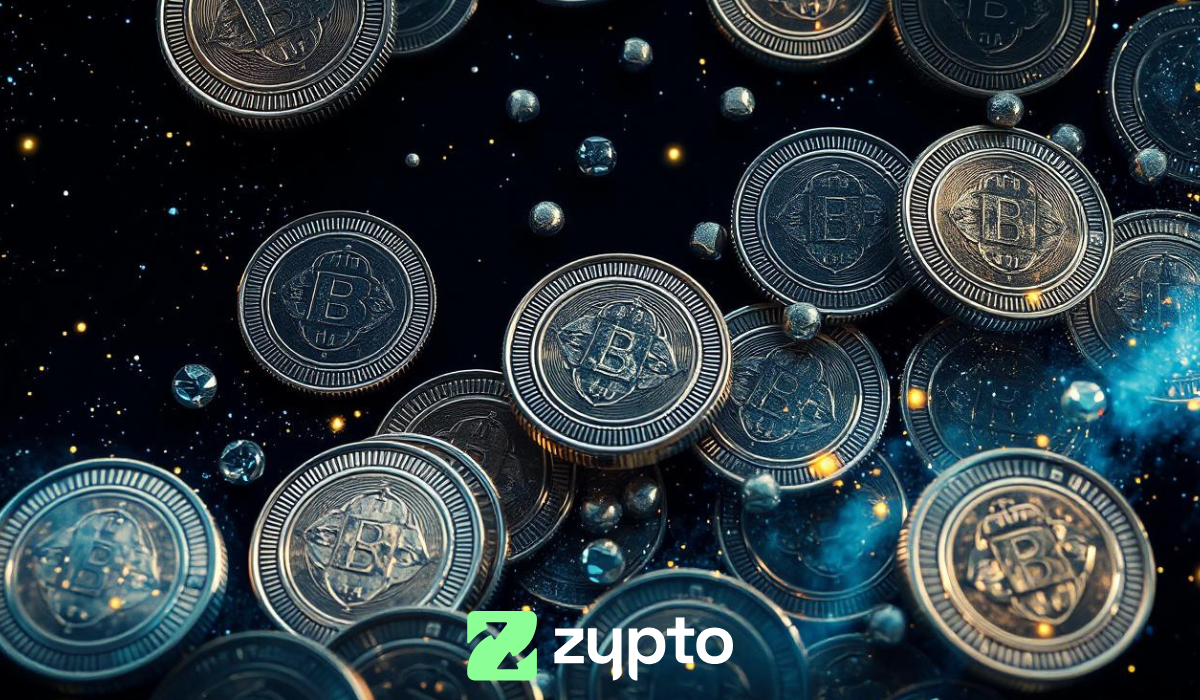




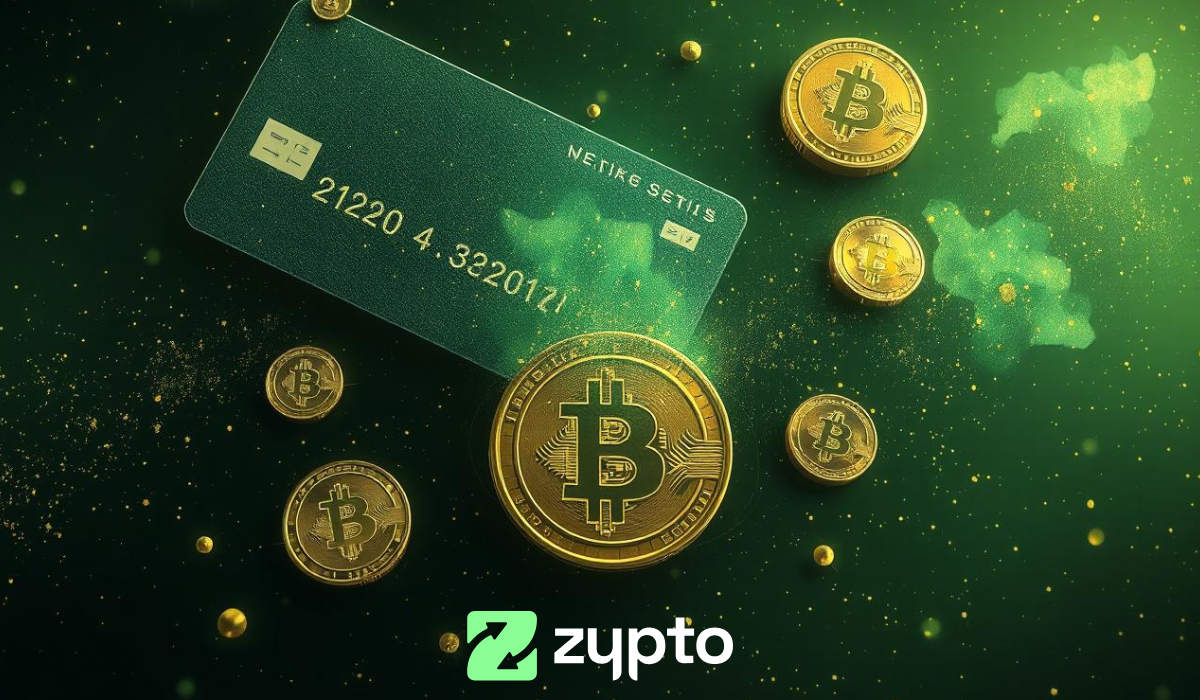
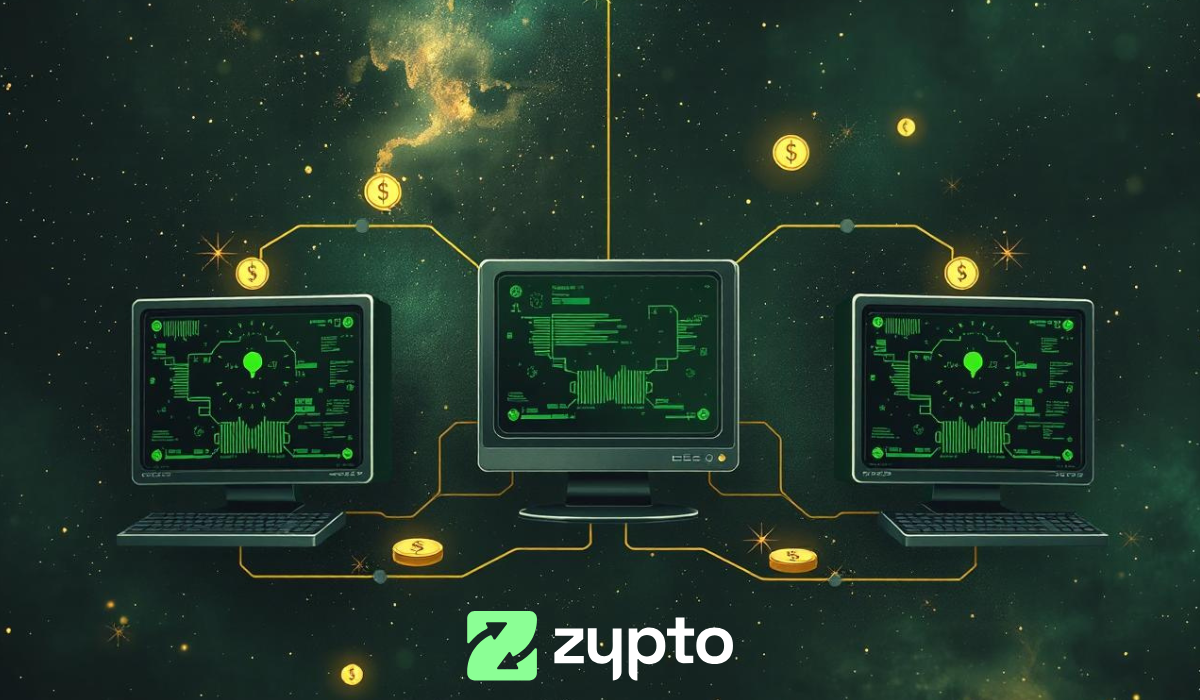


0 Comments